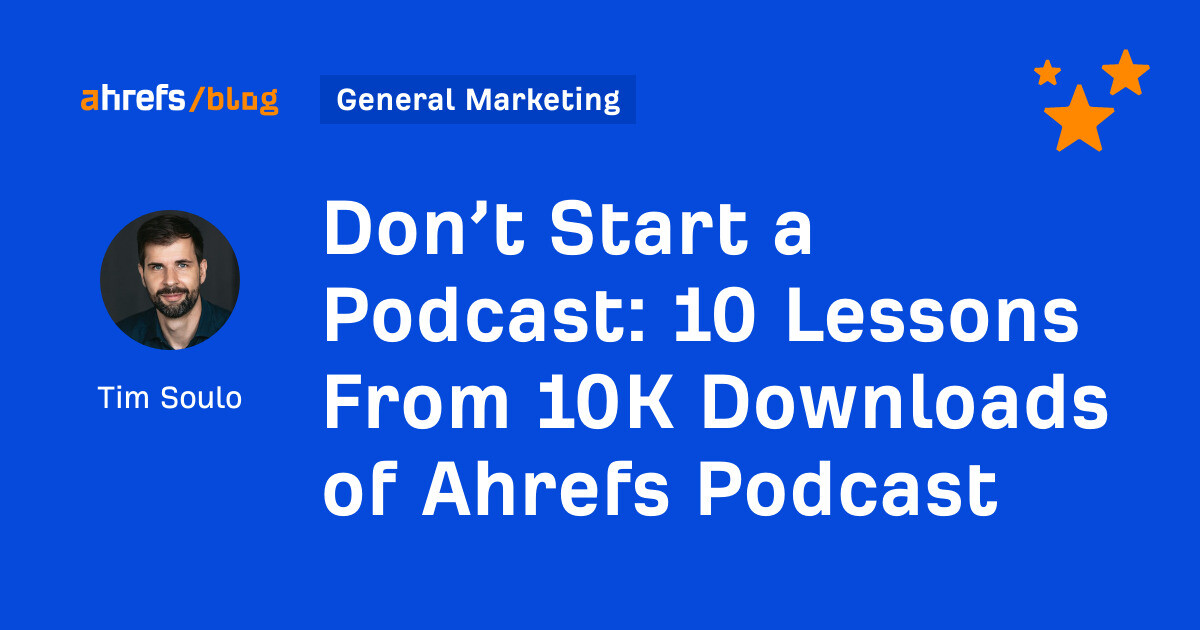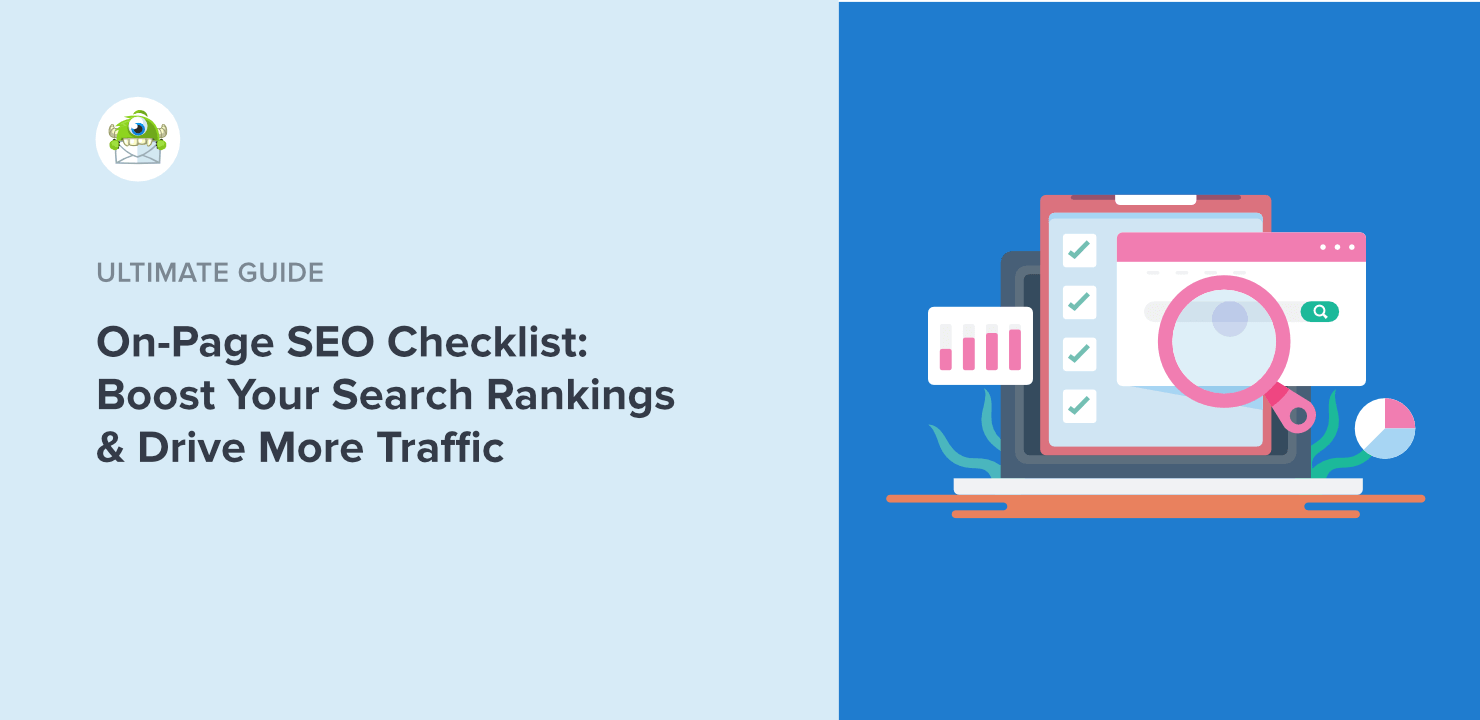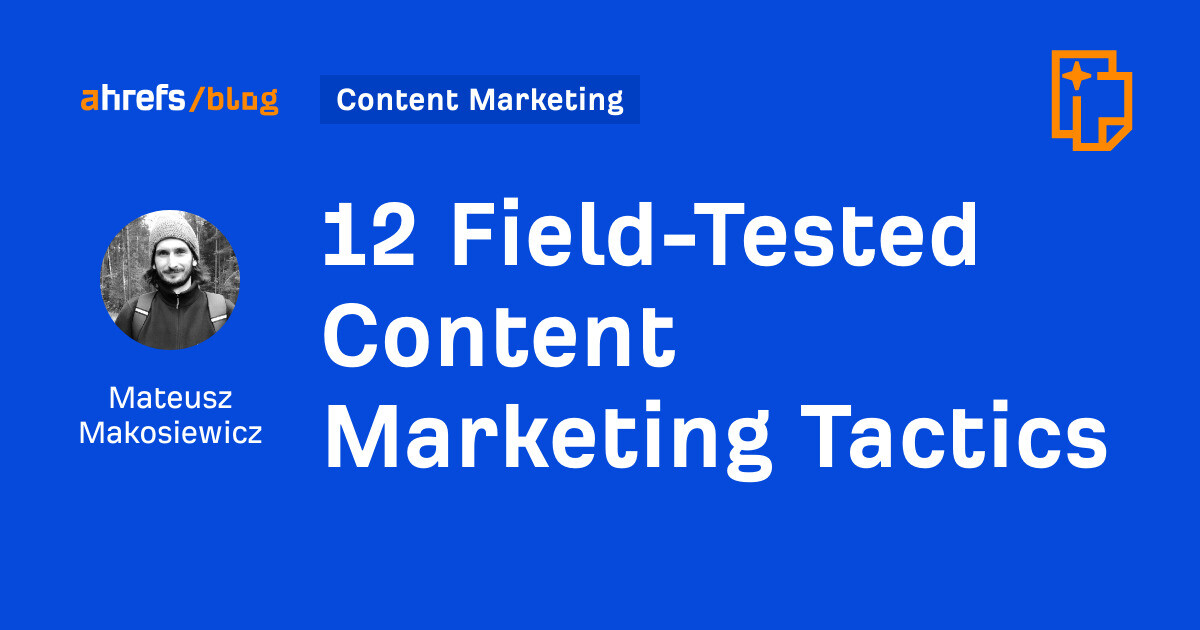[ad_1]
Google’s Gary Illyes answered a query about adverse website positioning offers helpful insights into the technical particulars of how Google prevents low high quality spam hyperlinks from affecting regular web sites.
The reply about adverse website positioning was given in an interview in Could and has gone unnoticed till now.
Destructive website positioning
Destructive website positioning is the observe of sabotaging a competitor with an avalanche of low high quality hyperlinks. The thought is that Google will assume that the competitor is spamming and knock them out of the search engine outcomes pages (SERPs).
The observe of adverse website positioning originated within the on-line playing area the place the rewards for prime rating are excessive and the competitors is fierce. I first heard of it across the mid-2000s (in all probability earlier than 2010) when somebody concerned within the playing area instructed me about it.
Nearly all web sites that rank for significant search queries entice low high quality hyperlinks and there may be nothing uncommon about, it’s at all times been this fashion. The idea of adverse website positioning grew to become extra distinguished after the Penguin hyperlink spam replace brought about website homeowners to develop into extra conscious of the state of their inbound hyperlinks.
Does Destructive website positioning Trigger Hurt?
The particular person interviewing Gary Illyes was taking questions from the viewers.
She requested:
“Does adverse website positioning by way of spammy hyperlink constructing, a competitor throwing tens of hundreds of hyperlinks at one other competitor, does that sort of factor nonetheless hurt folks or has Google sort of pushed that off to the aspect?
Google’s Gary Illyes answered the query by first asking the interviewer if she remembered the Penguin replace to which she answered sure.
He then defined his expertise reviewing examples of adverse website positioning that website homeowners and SEOs had despatched him. He mentioned that out of lots of of circumstances he reviewed there was just one case which may have truly been adverse website positioning however that the online spam crew wasn’t 100% certain.
Gary defined:
“Across the time we launched Penguin, there was tons and tons of tons of complaints about adverse website positioning, particularly hyperlink based mostly adverse website positioning after which very un-smartly, I requested examples like present me examples, like present me the way it works and present me that it labored.
After which I received lots of, actually lots of of examples of alleged adverse website positioning and all of them weren’t adverse website positioning. It was at all times one thing that was so distant from adverse website positioning that I didn’t even hassle trying additional, besides one which I despatched to the online spam crew for double checking and that we haven’t made up our thoughts about it, nevertheless it may have been adverse website positioning.
With this, I need to say that the concern about adverse website positioning is far larger than or a lot bigger than it must be, we disable insane numbers of hyperlinks…”
The above is Gary’s expertise of adverse website positioning. Subsequent he explains the precise purpose why “adverse website positioning hyperlinks” haven’t any impact.
Hyperlinks From Irrelevant Subjects Are Not Counted
At in regards to the 30 minute mark of the interview, Gary confirmed one thing fascinating about how hyperlinks evaluated that’s necessary to grasp. Google has, for a really very long time, examined the context of the positioning that’s linking out to match it to the positioning that’s being linked to, and in the event that they don’t match up then Google wouldn’t cross the PageRank sign.
Gary continued his reply:
“In case you see hyperlinks from fully irrelevant websites, be that p–n websites or or pure spam websites or no matter, you possibly can safely assume that we disabled the hyperlinks from these websites as a result of, one of many issues is that we attempt to match the the subject of the goal web page plus whoever is linking out, and in the event that they don’t match then why on Earth would we use these hyperlinks?
Like for instance if somebody is linking to your flower web page from a Canadian on line casino that sells Viagra with out prescription, then why would we belief that hyperlink?
I’d say that I’d not fear about it. Like, discover one thing else to fret about.”
Google Matches Subjects From Web page To Web page
There was a time, within the early days of website positioning, when hundreds of hyperlinks from non-matching subjects may enhance a website to the highest of Google’s search outcomes. Some hyperlink builders used to supply “free” visitors counter widgets to universities that when positioned within the footer would comprise a hyperlink again to their consumer websites and so they used to work. However Google tightened up on these sorts of hyperlinks.
What Gary mentioned about hyperlinks having to be related matches up with what hyperlink builders have recognized for no less than twenty years. The idea of off matter hyperlinks not being counted by Google was understood means within the days when folks did reciprocal hyperlinks.
Though I can’t keep in mind every part each Googler has ever mentioned about adverse website positioning, this appears to be one of many uncommon events {that a} Googler supplied an in depth purpose why adverse website positioning doesn’t work.
Watch Gary Illyes reply the query on the 26 minute mark:
Featured Picture by Shutterstock/MDV Edwards
[ad_2]







